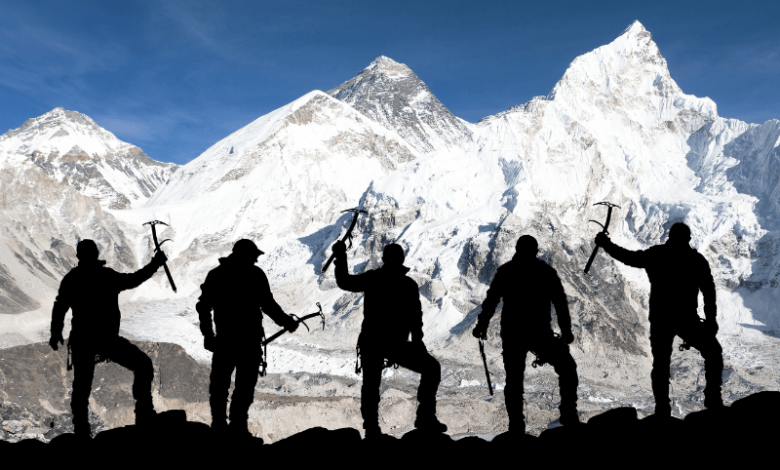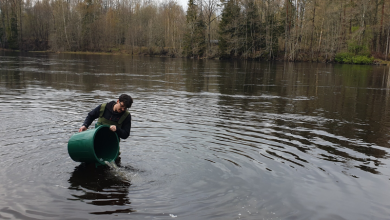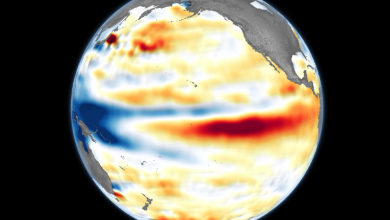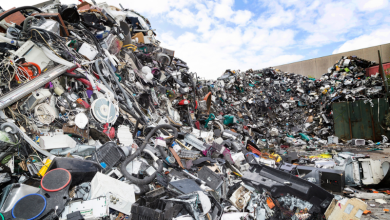Everest clean-up campaign intensifies as climate change exposes rubbish and bodies of mountaineers

Climate change is thinning ice on slopes of the tallest mountain on the planet, increasingly exposing the bodies of hundreds of mountaineers and tonnes of rubbish too. Nepal’s mountain clean-up campaign on Everest and adjoining peaks Lhotse and Nuptse has intensified.
Five as yet unnamed frozen bodies have been retrieved from Mount Everest – including one that proved to be just skeletal remains. It’s an immensely tough and dangerous task. Rescuers took hours to remove the ice, sometimes using boiling water to release its frozen grip.
“Extremely difficult” body retrieval expedition on Everest
Since expeditions started in the 1920s, more than 300 people have lost their lives on the mountain, including 8 this season alone. Several bodies are hidden by ice or swallowed down deep crevasses. Others have become landmarks en route to the summit.
Describing the body retrieval expedition on Mount Everest, Tshiring Jangbu Sherpa said: “It is extremely difficult.” “Getting the body out is one part, bringing it down is another challenge. Some of the bodies still appear as they had at the moment of death.
The body retrieval expeditions are a controversial topic for the climbing community. It costs thousands of dollars and up to 8 people are needed for each body. Individuals’ ability to carry heavy loads is severely affected at high altitudes.
But Nepal’s mountain clean-up campaign is necessary
Aditya Karki, a major in Nepal’s army and the person leading the team of 12 military personnel and 18 climbers, called the rescue effort necessary. “If we keep leaving them behind, our mountains will turn into a graveyard.”
Rakesh Gurung, from Nepal’s tourism department, said a couple of bodies had been preliminary identified and that authorities are depending on “detailed tests” for the final confirmation. The bodies not identified are likely to be eventually cremated.



